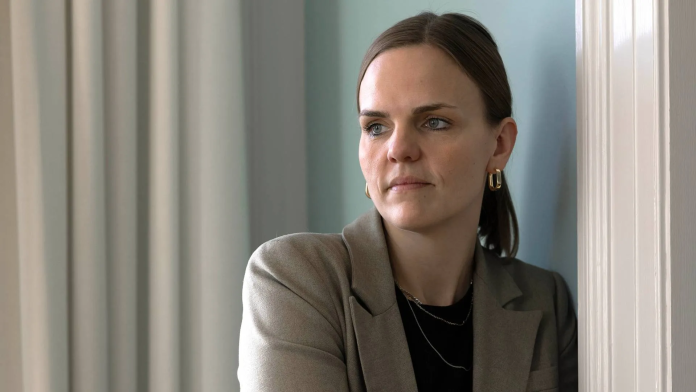Denmark’s Digital Minister Caroline Stage Olsen rejected claims from major tech companies that implementing age verification tools presents insurmountable challenges, declaring Europe’s largest online platforms have sufficient resources to protect minors, according to Euronews.
They are the biggest companies in the world, with a bigger economy than most of our countries could ever dream of. I think they will manage to find a solution.
Stage Olsen, alongside EU Technology Commissioner Henna Virkkunen, announced on Monday that Denmark, France, Greece, Italy, and Spain will collaborate on developing a national age verification application. The initiative aims to shield children from harmful online content by enabling users to easily confirm they are over 18 when accessing restricted material.
The European Commission ultimately intends to integrate such age-check functionality into the forthcoming European Digital Identity Wallets (eID), scheduled for rollout next year.
Technology giants face intensifying demands to deploy age verification systems, particularly to combat child sexual abuse material (CSAM). The proposed CSAM regulation, currently debated in the Council of the EU, hinges significantly on identifying minors online to protect them from predators.
While some companies adopted AI-driven solutions, Stage Olsen expressed confidence in their capacity to fund effective tools.
I’m sure that they will manage to have hired some of the brightest heads in the world concerning technology.
Meta previously proposed a harmonised age verification standard to the Commission, suggesting app stores notify parents when underage children attempt downloads. Presently, the 27 EU member states lack unified age verification standards, though existing frameworks like the Digital Services Act (DSA) and Audiovisual Media Services Directive (AVMSD) encourage improved safeguards for minors.
Denmark, currently chairing EU ministerial meetings, has prioritised child protection during its term. Stage Olsen pledged:
I will use the presidency to put this on top of the agenda and set a clear, political ambition that can shape EU policy in the years to come.
One potential avenue for mandating age verification tools involves incorporating requirements into the planned Digital Fairness Act, which the Commission will propose early next year to enhance online consumer protections.
